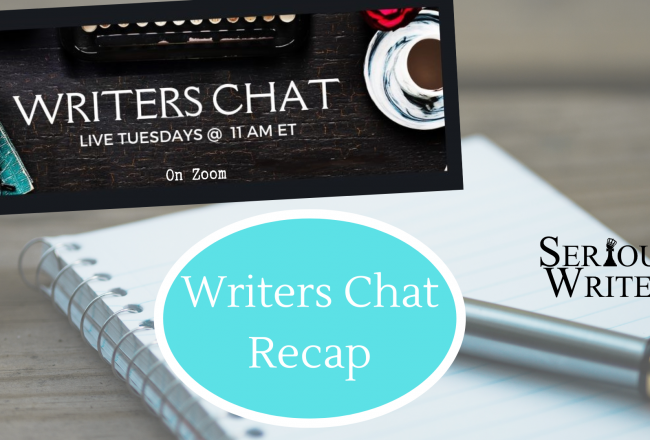
How eBook Authors Can Connect with & Grow Their Reader Base
The advent of eReaders and the rise of social media means that, as an eBook writer, you can reach…
July 15, 2023
The advent of eReaders and the rise of social media means that, as an eBook writer, you can reach…
July 15, 2023
(NOTE: This doesn’t apply to multiple audiences. They rarely have sustainable, overlapping needs.) Serving multiple audience categories via email…
July 12, 2023
Writing can be a solitary journey. But what if you had a companion to guide you, to help you…
July 9, 2023
Have you met adults who somehow believe that writing a picture book is EASY because there are so FEW…
July 8, 2023
Recently I was going through some old documents and found a piece about the writing process. It was similar…
July 6, 2023
Recently, I decided to enter my latest screenplay into another screenwriting competition. Before I submitted my screenplay, I decided…
July 4, 2023
Then they came to Him, bringing a paralytic who was carried by four men. And when they could not…
July 3, 2023
Writers Chat, hosted by Jean Wise, Johnnie Alexander, and Brandy Brow, is the show where we talk about all…
June 30, 2023
Last month, I attended an annual writer’s conference to further learn the craft and potentially win an award. Each…
June 29, 2023
Have you ever gotten a rejection letter that goes something like the following? I loved your story premise, but…
June 27, 2023
The art of writing continues to evolve. Today’s readership craves stories with an emotional impact and a brisk pace, even…
June 26, 2023
You have a burning desire to write a book. Join the crowd. You might be surprised to learn how…
June 25, 2023
When I began learning how to write a novel, the word outline brought to mind dreaded high school assignments.…
June 24, 2023
Writers Chat, hosted by Jean Wise, Johnnie Alexander, and Brandy Brow, is the show where we talk about all…
June 21, 2023
When I first started writing, I assumed publishing occurred as writers often presented in Hollywood films. Authors complete a…
June 16, 2023
The age-old question, “I’ve covered everything under the sun! What else is there to write a blog post about?”…
June 12, 2023
There are some thrilling moments in book publication that make all the back work (sometimes YEARS of edits!) pale…
June 8, 2023
I never attended summer camp as a kid. Don’t feel sorry for me, as, back then, it was something…
June 6, 2023
I’m binging on the superhero series The Punisher. Not because I am a comic book junkie, but because I…
June 4, 2023
“There is a time for everything, and a season for every activity under the heavens:” Ecclesiastes 3:1 (NIV) Memorial…
June 3, 2023
Can you share a little about your recent book? Raising Kids for Tomorrow’s World: 12 Keys to Preserving the…
June 1, 2023
Writers Chat, hosted by Jean Wise, Johnnie Alexander, and Brandy Brow, is the show where we talk about all…
May 31, 2023
Recently, I had a bad fall off my bike, it was the first time in years I had fallen…
May 29, 2023
For bloggers and writers who wish to create a credible online presence, selecting an appropriate website template is essential.…
May 28, 2023
Today I’m talking with Sci-Fi YA author and fellow columnist here on Almost an Author, Sophia Hanson, about microfiction.…
May 27, 2023
